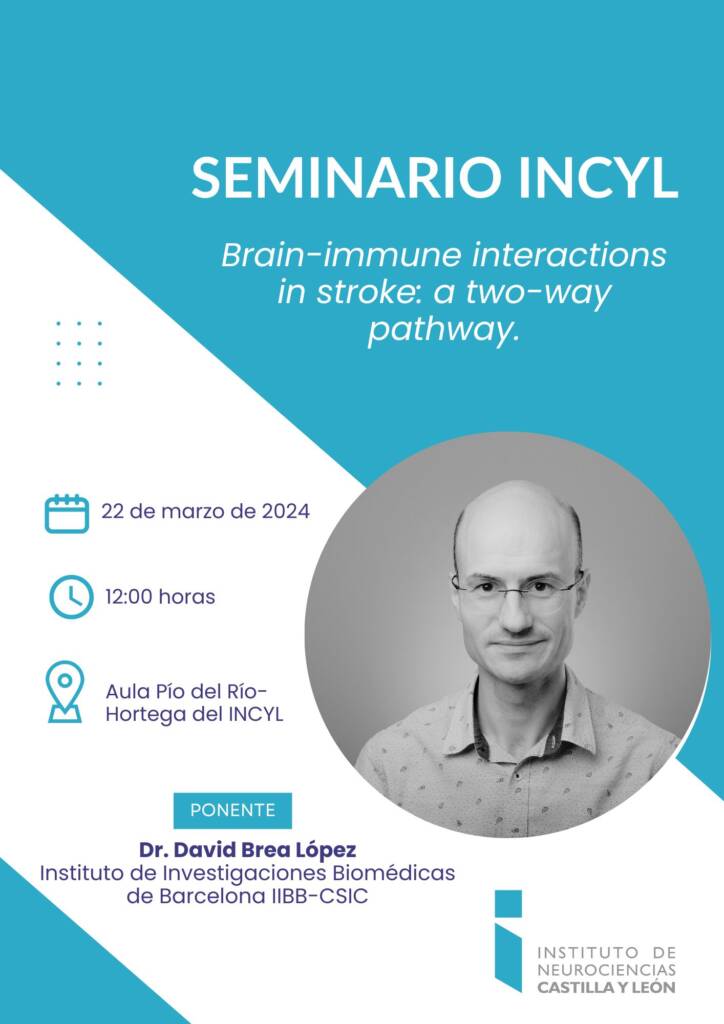Stroke is a “brain attack”, that occurs when blood flow to an area of the brain is interrupted.
When this happens, brain cells are deprived of oxygen/glucose and begin to die. When brain
cells die, abilities controlled by that are of the brain such as memory, speech, or motor control
are lost. Stroke pathophysiology involves a series of complex events including excitotoxicity,
calcium overload, oxidative stress, and apoptosis. These mechanisms trigger an important
immune/inflammatory reaction, characterized by the activation of microglia (immune cell
resident in the brain), the release of cytokines and the infiltration of peripheral immune cells.
An important source of immune cells may be the intestinal compartment, one of the largest
immune organs in the body, where immune cells are “educated” by the continuous interaction
with commensal microbes. Therefore, we investigated the effects of intestinal flora on the
immune system and the outcome after cerebral ischemia. We were able to show a novel
microbiota-immune-brain axis that is based on the observation that the alteration of intestinal
microbiota (dysbiosis) induces a profound remodeling on the intestinal immune system. This
remodeling is characterized by the expansion of an anti-inflammatory cell subtype, namely
Regulatory T cells, and the suppression of a pro-inflammatory cell subtype, namely IL-17+ γδ T
cell. Our data suggest that, after stroke, T cells are able to traffic from the intestine to the
Central Nervous System (Nat med 2016; 22: 516 and Brain Behav Imm 2021; 96: 295), localized
in the meninges and increase neuroinflammation by secreting IL-17. IL17 is a proinflammatory
cytokine that triggers the production of other mediators resulting in the infiltration of
additional immune cells with a cytotoxic phenotype, and contributing, in this way to the stroke
pathophysiology (Nat med 2016; 22:516).
Based on these data, one could expect that anti-inflammatory/immunomodulatory therapies
may be a good option for stroke treatment. However, so far, inhibition of inflammatory
response (for example with IL-1R blockers), blocking leukocyte infiltration (for example with
natalizumab), or treatments with pleiotropic immunomodulators (eg, allogeneic adult stem
cells) have been unsuccessful on treating stroke in patients. Part of these failures is because
stroked brain communicates with the peripheral immune system inducing what is called post-
stroke immunosuppression. This immunosuppressive response of peripheral immunity
contributes to post-stroke infections and other important secondary effects that will be
reviewed during this talk and that compromise stroke outcome at short and long term.
Publicaciones Relacionadas:
- Benakis C, Brea D, Caballero S, Faraco G, Moore J, Murphy M, Sita G, Racchumi G,
Ling L, Pamer EG, Iadecola C, Anrather J. Commensal microbiota affects ischemic stroke outcome by regulating intestinal gammadelta T cells. Nat Med. 2016;22(5):516-23.*Two first authors.
- Faraco G, Brea D, Garcia-Bonilla L, Wang G, Racchumi G, Chang H, Buendia I,
Santisteban MM, Segarra SG, Koizumi K, Sugiyama Y, Murphy M, Voss H, Anrather J,
Iadecola C. Dietary salt promotes neurovascular and cognitive dysfunction through a
gut-initiated TH17 response. Nat Neurosci. 2018;21(2):240-9. - Brea D, Poon C, Benakis C, Lubitz G, Murphy M, Iadecola C, Anrather J. Stroke affects
intestinal immune cell trafficking to the central nervous system. Brain Behav Immun.
2021;96:295-302. * Corresponding authors - Brea D, Veiga-Fernandes H. Inflammation in the gut is encoded by neurons in the
brain. Nature 2022. doi: 10.1038/d41586-021-03802-x. * Corresponding authors - Brea D. Post‐stroke immunosuppression: Exploring potential implications beyond
infections. European Journal of Neuroscience 2023; 58 (11): 4269-4281.
David Brea López
Instituto de Investigaciones Biomédicas de Barcelona IIBB-CSIC
Barcelona
E-mail: david.brea@iibb.csic.es
@DavidBrea1982
